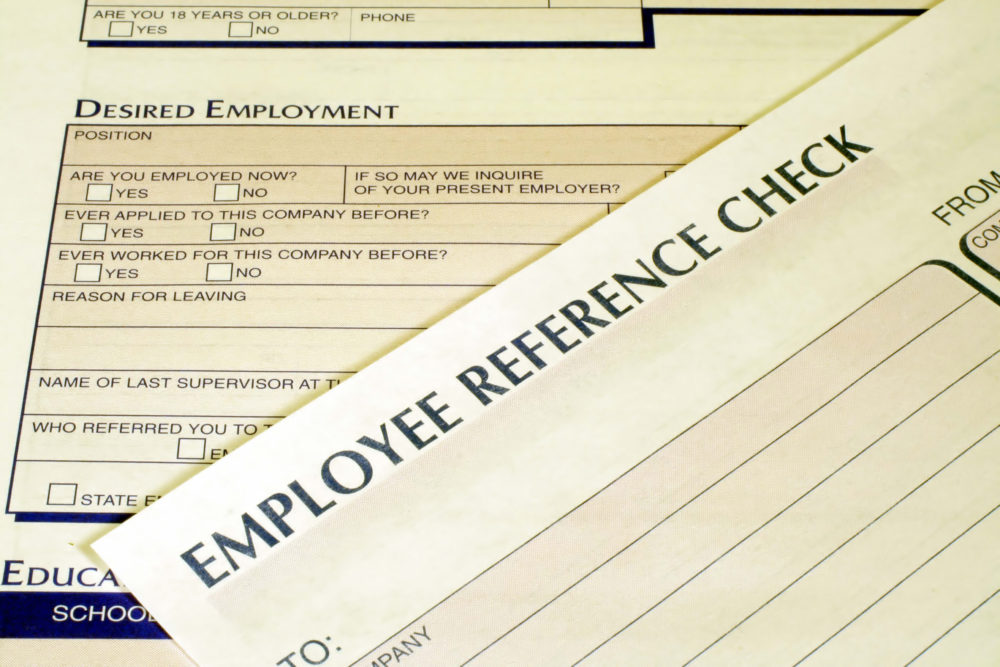References can be seen as the unimportant part of the recruitment process which, if the applicant has completed a hugely successful interview and looks golden on paper, maybe missed out entirely. However, it is extremely important to gain references for potential candidates and to follow up on reference enquiries, especially where employment has been conditionally offered ‘subject to satisfactory references’.
References help to shed the light on the character of the employee, over and above their CV or their interview. The checks can help to confirm the details which have been placed on their CV or application form, making sure that the candidate has not provided you with false information. Though this is likely to be a rare occurrence, not gaining references means that the only information available to be relied on is that supplied by the employee.
In circumstances where the applicant claims to have a qualification that is necessary for the job role and then is subsequently found not to have this qualification, a reasonable procedure will still have to be followed to dismiss the employee. A tribunal may adopt a critical stance where the applicant lacks relevant qualifications but the employer’s recruitment and selection procedures were not sufficient to identify this, and the use of references can help to support the identification of any false claims.
“Hirers should be wary of reading too much into a basic reference”
Seeking references from past employers is also an important indicator to show how the applicant is likely to perform within the workplace and will allow employers to hire the best candidate for the future role, not just the best interviewee. A great performance at an interview does not always show the potential the candidate has for working performance and all this entails and, though they may be able to tell you that they work great in teams, an interview is no real test for these skills. A reference will allow a real evaluation of the candidate’s skills to determine how they will fit in with the workforce in the future.
Processing personal data
Employers should remember that obtaining a reference will likely involve processing personal data, which they must have a lawful basis for doing under the provisions of the General Data Protection Act (GDPR). Therefore, written consent from the candidate must be provided before references are requested, which should also be disclosed to the previous employer as proof of consent. Care should be taken to confirm exactly what information the candidate is consenting to be viewed; for example, they may not wish for their attendance records to be disclosed. One way to ensure this is to specifically outline exactly what details will be requested at the consent stage.
Hirers should take note of the information contained within references but should be wary of reading too much into a basic reference. Employers are under a duty to make sure that references are fair and accurate and many references simply state the employee’s name and their previous job description. While this can be an indication that the employee was troublesome in their previous role, it could also be that the employers do not wish to be liable for any misleading or inaccurate information and are trying to avoid processing any information that the employee has not consented to under the GDPR. In this situation, it would be prudent to determine, with the candidate, whether there are any underlying reasons for the basic reference.
Peter Done is managing director of Peninsula Business Services.





